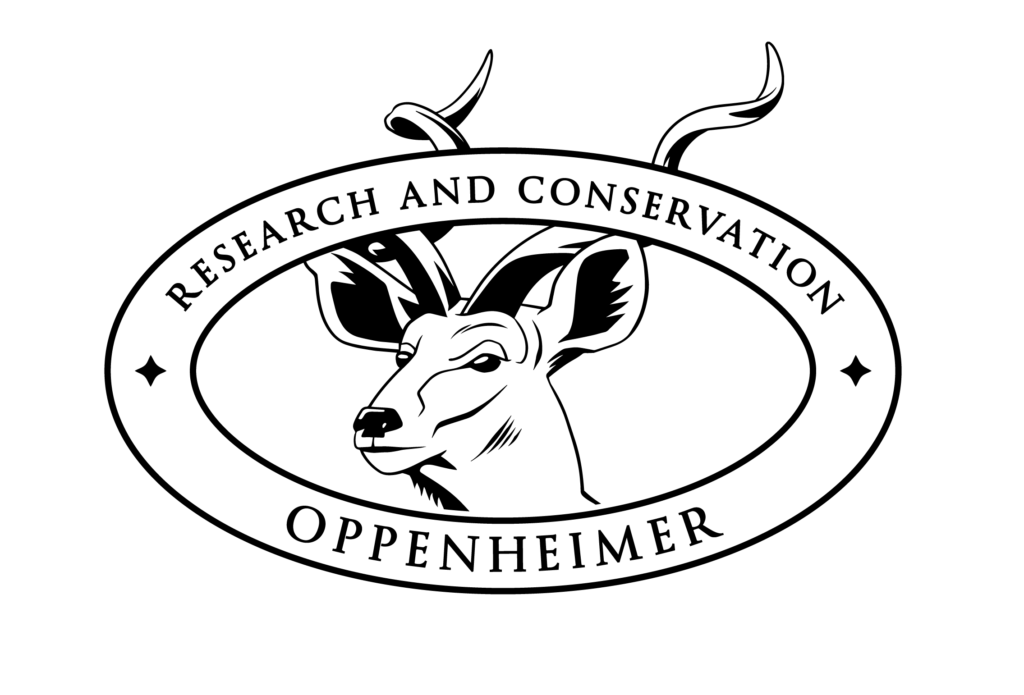

Natural resources, including wildlife, have traditionally been seen as inputs and not as assets in a national economy. This perception has seen limited public resources being allocated to, or invested in, supporting wildlife resources or to developing the wildlife economy. If this is to change there is a need to illustrate to stakeholders the economic contribution of wildlife resources to local, national and regional economies and to develop a framework for managing the wildlife economy.
At the Africa Wildlife Economy Summit in Victoria Falls in 2019 the key message was that Africa’s wildlife economy initiative needs to:
This project will align with the key outcomes of the Summit, as well as the new SADC Wildlife Economy Strategy (under development), the AU Green Stimulus programme and the IUCN resolution 091 on building and strengthening wildlife economies in Eastern and Southern Africa. Additionally, the project can assist countries with delivering on their Nationally Determined Contributions (NDCs), as well as achieving several Sustainable Development Goals (SDGs).
In the project, the wildlife economy is defined as:
“The use of indigenous wildlife, both plants and animals (marine and terrestrial), as an economic asset to create value that aligns with conservation objectives and delivers sustainable growth and economic development”.
Activities within the wildlife economy may be consumptive, or non-consumptive.
The objectives of the project are:
The African Leadership University’s School of Wildlife Conservation worked with the KAZA Secretariat on a proposal for funding to support research and capacity building related to the wildlife economy in the KAZA TFCA. The proposal was accepted for funding by the Oppenheimer Generations Research and Conservation for a total sum of USD 450,000 over a five-year project period, starting on the 1st July 2022. Due to the multisectoral nature of the wildlife economy, it will be important to include stakeholders from all related Ministries, including Tourism, Forestry, Fisheries, Climate Change, Land Use Planning, Finance, etc.